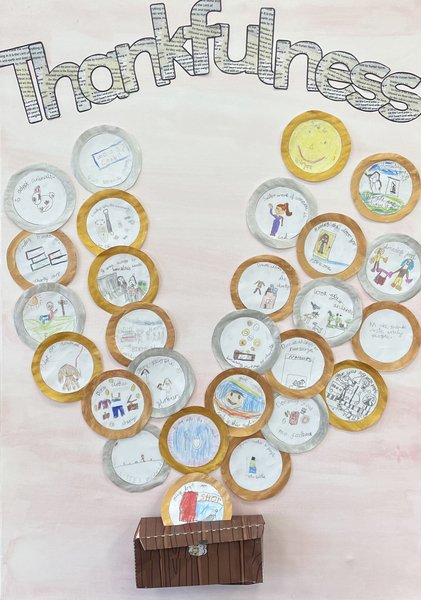Homework - supporting learning at home
 Hope
Hope
 Courage
Courage
 Love
Love
 Thankfulness
Thankfulness
 Trust
Trust
 Forgiveness
Forgiveness
We are guided and strengthened by our distinctively Christian values of Hope, Courage, Love, Thankfulness, Trust and Forgiveness. These values were chosen by our school community by reflecting deeply on the meaning of 6 key stories from the Bible. These values are nurtured and lived by all in our school community as we continue to learn and grow together.